Kenya’s Deputy President William Ruto now proposes the creation of a post of leader of opposition in Parliament. While on an official tour of United Kingdom last week, Ruto said it was regrettable that the person garnering the second highest votes in a presidential election had no formal constitutional role.
“Elections in Kenya are a close-run contest. Often enough, the winner and runner-up achieve more than five million votes. The winner ascends to a formally constituted leadership role while the runner-up becomes a virtual stranger in leadership,” he said while addressing Chatham House, London, on Friday.
It is not a secret that Ruto is vehemently opposed to attempts to alter the present structure of governance.
On numerous occasions, the country’s second in command has scoffed at politicians pushing to have the constitution changed through a referendum.
The DP has been particularly opposed to proposals to expand the executive is what would be a government of inclusivity.
“If we must have a discussion about changing the constitution, then it should be about how to transform the lives of Kenyans at the grassroots by devolving more resources from the central government. I am totally against any plan to amend the constitution to create positions for politicians,” he said previously on a number of occasions.
He has remained adamant that the 2010 constitution is yet to be implemented fully and therefore saw no reason behind ongoing agitation to review it.
Yet while addressing the Royal Institute of International Affairs, Chatham House in London on Friday, Ruto appeared to have softened his stand by voicing support to change the constitution movement.
In his opinion, however, the changes should center on bringing back the position of official opposition leader just as was the case prior to the promulgation of the current constitution in 2010.
To realize this, Ruto proposes that the leader of the party which comes second in a general election should be the official opposition leader with his running mate, automatically becoming a Member of Parliament.

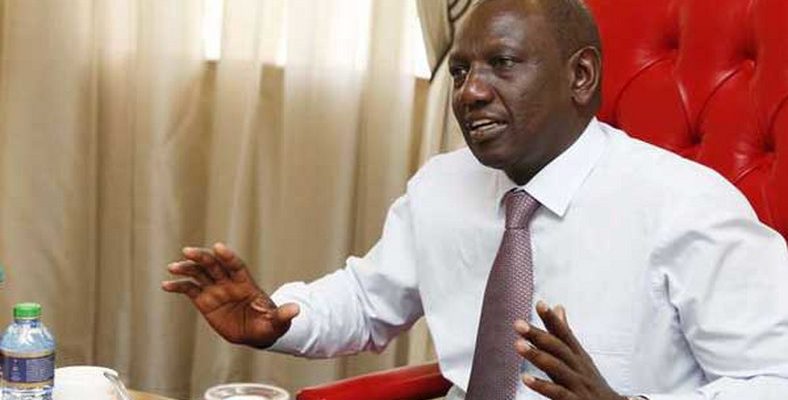
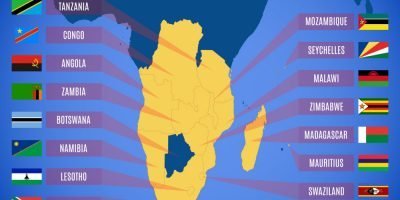
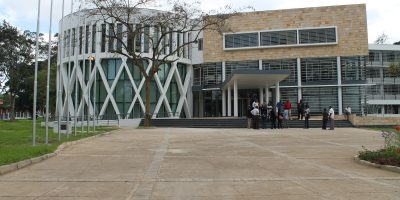
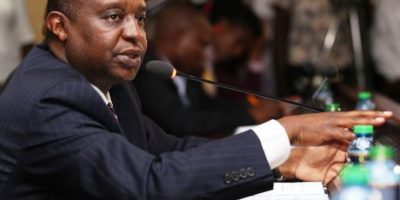
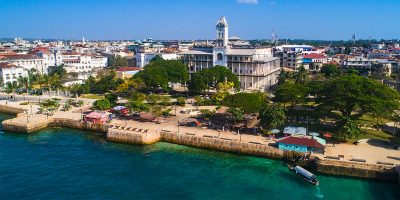











Comments